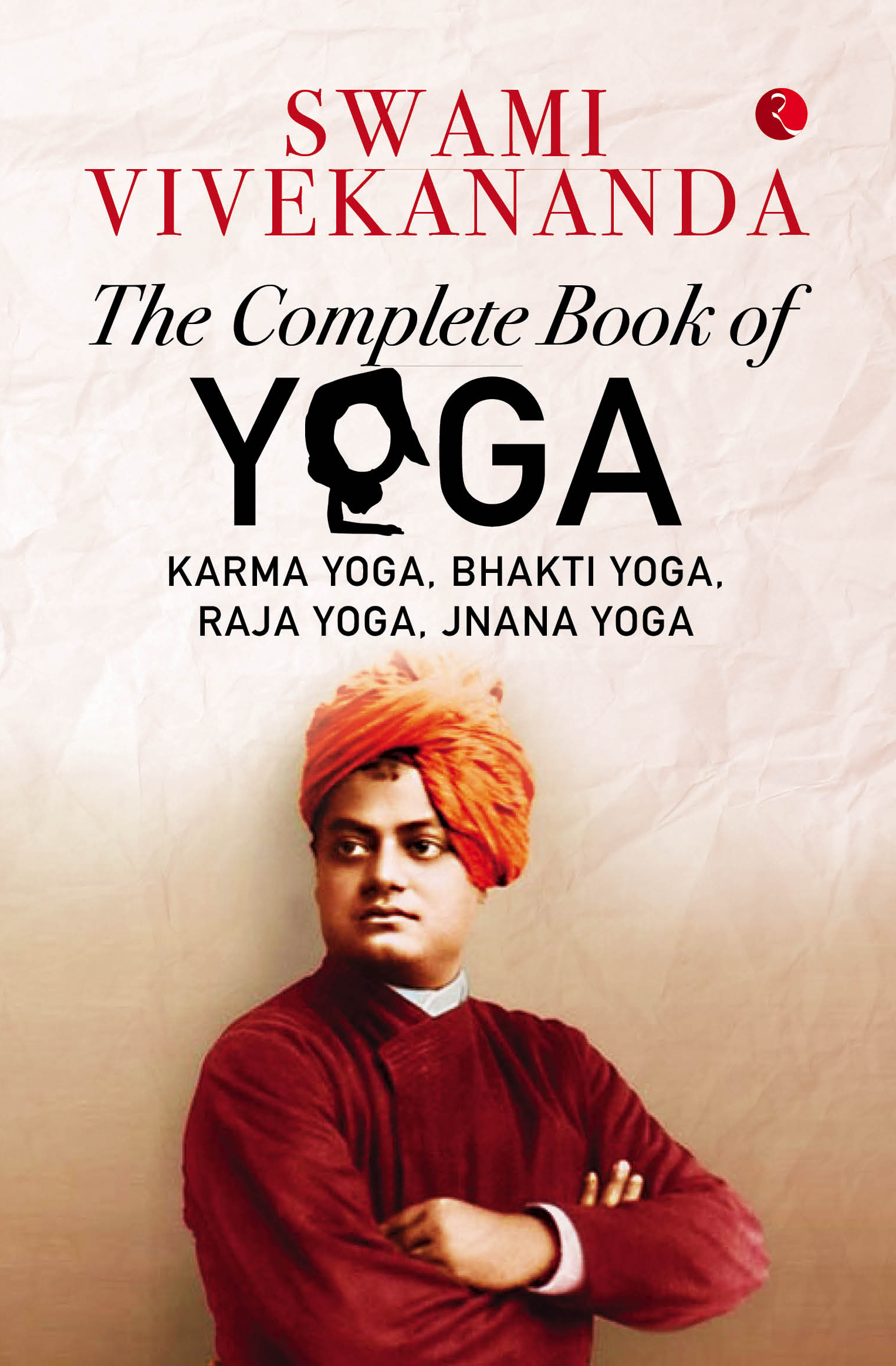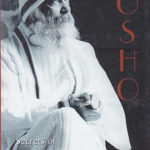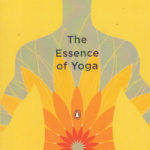Complete Book of Yoga: Karma Yoga, Bhakti Yoga, Raja Yoga, Jnana Yoga
£12.95
Swami Vivekananda
Paperback 9789355203731
The Complete Book of Yoga encapsulates the four paths of yoga through the eyes of Swami Vivekananda in the nineteenth century.
Description
Through utter concentration of the mind and relaxation of the body, one can attain an ultimate form of peace – the superconscious state. This embodiment of the spiritual quest that many, like Vivekananda, aim to walk towards, has been found in the ancient texts of India that explore the art of Yoga.
The Complete Book of Yoga encapsulates the four paths of yoga – the three Yogas from the Bhagvad Gita, namely Karma Yoga, Bhakti Yoga and Jnana Yoga, as well as Raja Yoga, inspired by the Yoga Sutras woven by the Father of Modern Yoga, Maharshi Patanjali. The book aims to go beyond the physical postulations (asanas) of Yoga and touches upon its effects on the mind as well as the body; it takes up a holistic and philosophical approach leading to the attainment of moksha.
The author
Swami Vivekananda, born Narendranath Datta on 12 January 1863, in Calcutta, was a Hindu spiritual leader and reformer in India who strove to reconcile Indian spirituality with western practical advancement, arguing that the two mutually reinforced and complemented each other. Influenced by western esotericism, Vivekananda played a pivotal role in introducing the Indian darsanas, or teachings, of Vedanta and Yoga to the western world, and is credited with promoting interfaith harmony and elevating Hinduism to the status of a major world religion in the late nineteenth century. He eventually rose to prominence as the most illustrious disciple of the Hindu mystic, Ramakrishna, demonstrating the inherent unity of all religions. He was a pioneering figure of modern Hindu reform movements in colonial India.
Additional Information
| By | Swami Vivekananda |
|---|---|
| Published by | Rupa |
| ISBN | 9789355203731 |
| Format | Paperback |




